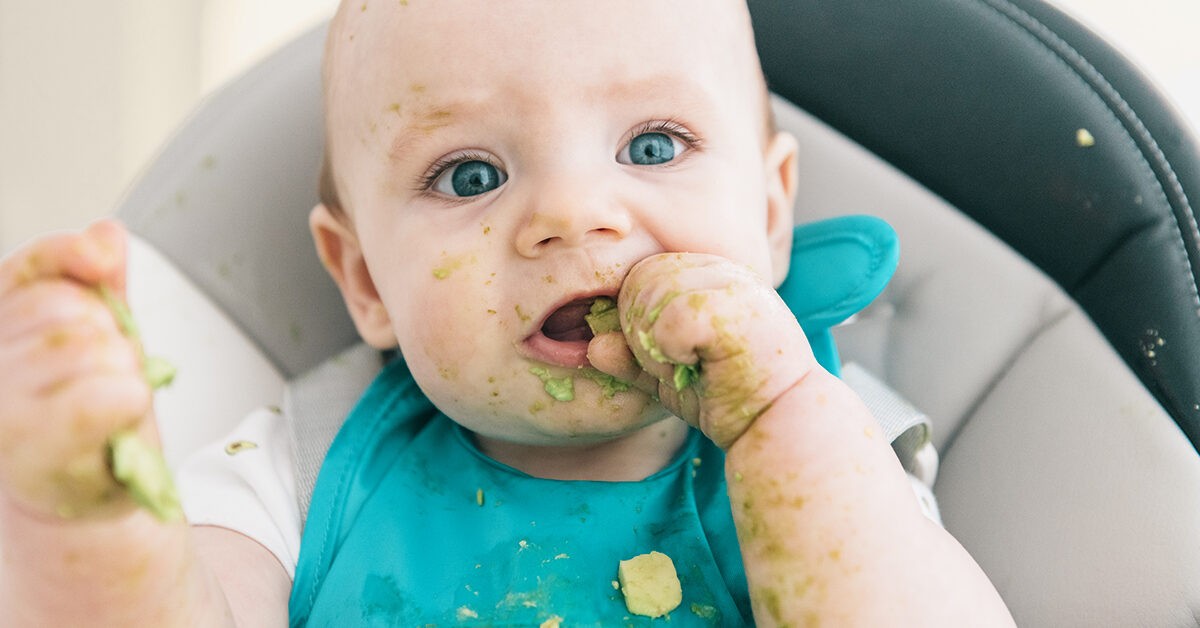Feeling stressed out? You might be suffering from a condition known as “pregnancy brain.” While this is real, it’s not the most terrible thing that can happen to you. In this article, the author talks about some of the positive effects of pregnancy on memory, such as reduced stress and lower anxiety levels.
How to Keep Stress Focused
When we’re under pressure, our brains are naturally inclined to focus on the negative. This can lead to anxiety and stress, negatively impacting our parenting skills and daily routine. Here are four tips for keeping stress in check so you can continue being a fearless parent:
- Take a break. When you start feeling overwhelmed, take a break to relax and center yourself. This could mean spending time with your partner, walking outdoors, or reading a book.
- Practice self-care. Make sure you take care of yourself both mentally and physically. Get enough sleep, eat healthy foods, and get regular exercise. This will help you maintain your energy level and mood while under pressure.
- Talk about it. If something is worrying you, talk about it with your partner or family members. They may be able to offer helpful advice or support in managing stress effectively.
- Belief in yourself and your ability to handle stress without damaging your child or yourself. Remember that you’re doing the best you can under the circumstances, and don’tdon’t give up on yourself or your parenting abilities just because things are sometimes brutal!
The Effect of Pregnancy on Memory
When we think about memory, we often consider what it means to remember a fact or a list of information. But what about the memory of our prenatal experience?
According to a study published in The Journal of Neuroscience, pregnant women’s memories are significantly impaired six months after giving birth.
The study found that most mothers’ memories of events during gestation were no longer accurate or reliable. In other words, these mothers couldn’tcouldn’t accurately remember what had happened during that period even if they tried.
This research has implications for our ability to parent. If we struggle to remember something during our pregnancy, it might be hard for us to trust ourselves and give our babies the support they need.
If we can’tcan’t rely on our memory, it might be more challenging for us to open up and share what’s going on with us.
Of course, this kind of research is preliminary and more research is needed to understand pregnancy’s effects on memory better.
However, this study provides valuable insight into how childbirth can affect memory and offers potential ways to help improve post-natal memory function.
What Does Baby Brain Look Like?
In recent years, experts have come to realize that babies are not just miniature adults- they are still growing and developing their brains.
This means that parenting techniques that work for toddlers may not be as effective for babies. In this blog post, we’ll discuss what a baby’s brain looks like and how courageous parenting can help promote baby brain development.
According to experts, the baby’s brain looks much like the toddler’s, but with some key differences. For one, babies are still learning how to communicate and build relationships.
As a result, they need lots of physical and emotional stimulation. A Baby’s brain also relies heavily on sensory input (like touch, sound, and sight), so it’s essential to provide your child with plenty of opportunities to explore their environment.
Courageous parenting is a great way to promote baby brain development. By providing your child with a safe and loving environment, you’re helping them learn how to trust and feel secure in their surroundings.
In addition, by encouraging your child’s natural curiosity and creativity, you’re helping them develop critical thinking skills. Ultimately, this will help your child grow into an independent adult who can navigate life’slife’s
What are the Causes of Baby Brain?
There are many causes of baby brain, which can vary from one baby to the next. Some of the leading causes of the baby’s brain can be genetic, environmental, or lifestyle choices. Some common causes of the baby brain include:
1) not giving your baby enough stimulation – a lack of stimulation can decrease the baby’s ability to learn and develop. This can be caused by not spending enough time playing with your baby, not providing enough physical activity, or not providing enough stimulation through touch and sound.
2) feeding your baby incorrectly – overeating sugar or artificial additives can harm a baby’s developing brain. Babies should mainly eat foods low in sugar and protein to help their brains develop properly. Feeding your baby breast milk or formula is the best way to provide them with the necessary nutrients.
3) over-stimulating your baby – if you’re always on the go and constantly switching between activities, your baby may become overwhelmed and have difficulty focusing. Finding a balance between being active and relaxed with your baby is crucial so they can learn and develop at their own pace.
4) not getting
How to Promote Baby Brain
Fearless Parenting and Promoting Baby Brain
By: Tanya Zuckerbrot
As we approach the new year, we all hope for things to get better. But sometimes, the best way to fix things is to start from the bottom up with our children. And what better way to start the year off than by promoting baby brain development? Here are 5 tips on how to do just that:
- Give your child plenty of opportunities to explore their surroundings. If they’re always cooped up in their crib or playpen, they won’twon’t have the opportunity to develop their brain healthily. Let them explore everything around them- including furniture, books, and appliances. This will help them learn how to interact with others and things around them.
- Get your child involved in stimulating activities outside of the home as well. This can be anything from playing catch with a friend outside or attending classes at daycare. Doing something fun and different will keep your child’s brain active and engaged, which is crucial for a baby’s brain development.
- Talk to your pediatrician about early education programs that might
Conclusion
When it comes to parenting, we all face fear in some form or another. However, a few things can help us overcome our fears and promote baby brain growth. First, be patient with your little one.
Remember that infants are still learning to process information and respond to the world around them. Don’tDon’t expect them to understand everything you say or do instantly; allow them time to figure things out on their own.
Second, provide plenty of opportunities for socialization for your infant. This means exposing them as much as possible to different people, sounds, smells and environments early on in life so that they have a solid foundation to build when they start school.
Lastly, think about ways to encourage cognitive development in your infant by doing activities that challenge their brains beyond what they are used to (for example: singing songs while your baby bangs pots and pans together). By following these tips, you will be helping your child develop baby brain skills.




